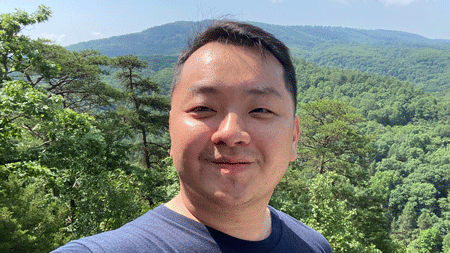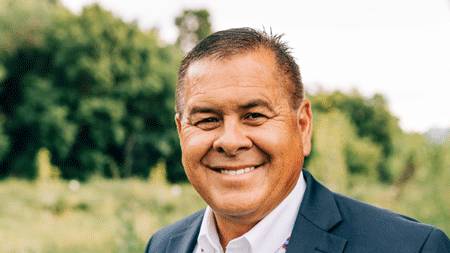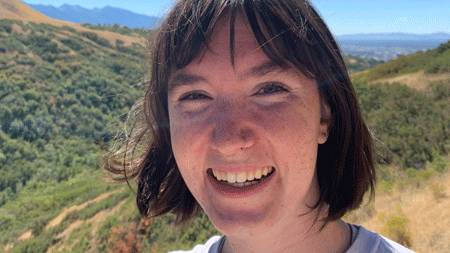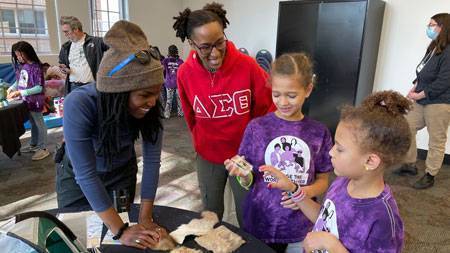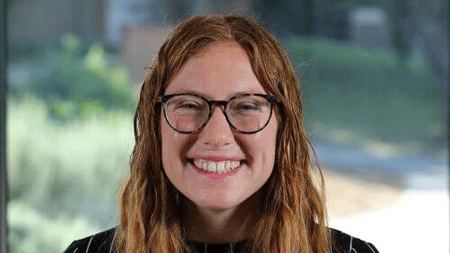
Laura earned her M.S in Environmental Humanities in 2019. As a master’s student, Laura focused on reformation of youth environmental education, aiming to make it more inclusive to underserved populations as well as to those who don’t typically think of themselves as interested in or capable of participating in science through the inclusion of place-based interdisciplinary content. Laura currently works as the Associate Director for Initiative to Bring Science Programs to the Incarcerated (INSPIRE) and STEM Community Alliance Program (STEMCAP) for Youth-in-Care. These two programs bring local scientists to adult and juvenile incarcerated populations, respectively, to provide informal science education. Laura was drawn to these programs by their effort to engage underserved populations while expanding participants’ perception of science through interdisciplinary work and in-person contact with local scientists.

